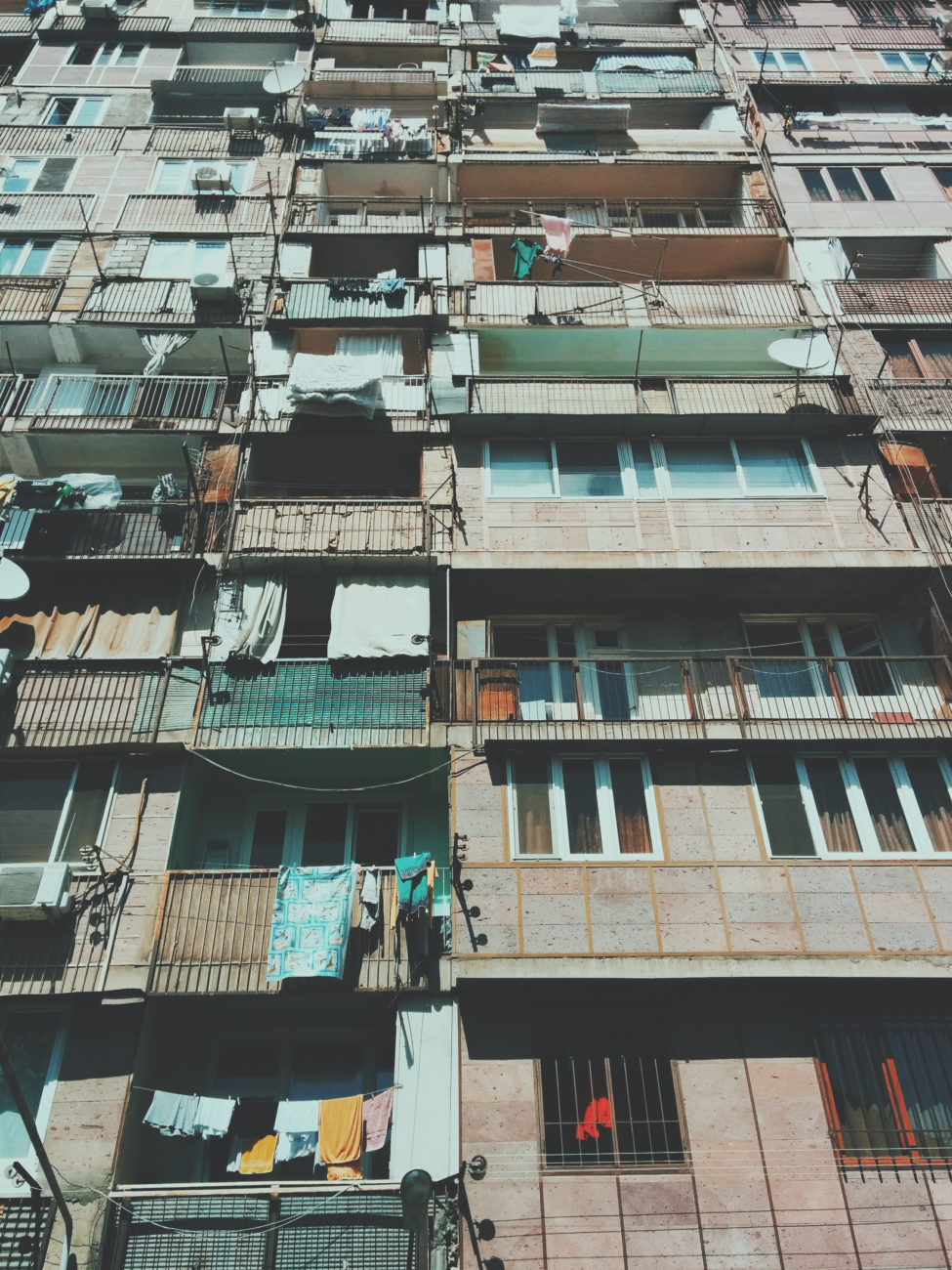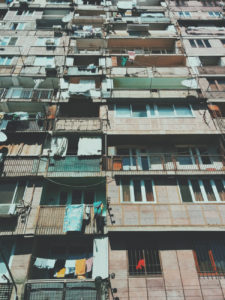Most Recent News


Popular News


Demand Wallah Vs Supply Wallah: What are their methods and differences? A quick discussion on the two very differing mindsets.
 So I finished reading Poor Economics: A Radical Rethinking of the Way to Fight Global Poverty. It’s a really interesting econ book focusing on Demand Wallah vs Supply Wallah.
So I finished reading Poor Economics: A Radical Rethinking of the Way to Fight Global Poverty. It’s a really interesting econ book focusing on Demand Wallah vs Supply Wallah.
The demand and supply Wallahs share the same goal—Alleviation of poverty. The two branches are contrasted by how they want to achieve poverty reduction.
There are numerous barriers to the eradication of poverty that can cause separation between the different Wallahs. While there is no easy way to end poverty, supply and demand Wallahs strive to find ways to reduce the struggles of the poor.
Sachs is a clear example of a well-known Supply Wallah.
Sachs holds the belief that the best way to fight poverty is to enact a “big push” of resources and funds to help escape a poverty trap that he feels the poor are continuously cycling within.
The core belief of a Supply Wallah is that the goal should be to alter the cost of goods and services, which would increase the supply of these items to the poor consumers who cannot afford them. With an increase in the goods the poor desperately need, they would then be able to reinvest and continue to earn more.
If the poor are unable to acquire these goods, they could get stuck in a “poverty trap”. An example is if an individual does not have the funds to send their child to school, the child will also grow up without the ability to send their children to school (Banerjee & Duflo, 2011, p. 73). It is a continuous cycle of poverty (Banerjee & Duflo, 2011, p. 11).
Another such example would be that a farmer does not have enough money to eat properly, thus he has low productivity the next day, which results in lower income earned and lower savings to invest which results in the same low consumption and even poorer productivity the following day.
That is why the Supply Wallah believes richer countries must supply the initial aid required to allow the farmer to eat more. With this “push”, the farmer and the child can break out of the poverty trap and continue to make more income (Banerjee & Duflo, 2011, p. 11).
The Demand Wallah believes the poor need to understand the marginal benefits versus the marginal costs of their actions to truly change poverty.
The poor should be “demanding” more goods that could reduce their poverty.
Easterly is an example of a Demand Wallah. Easterly would support teaching the poor about the marginal benefits and the marginal costs of goods so the poor can make more informed decisions.
Marginal benefit is the benefit derived from one more unit, whereas the marginal cost is the additional cost incurred by one more unit.
The goal is to find the equilibrium where marginal cost is equal to marginal benefit.
An example is a farmer who uses fertilizer. If the farmer fertilizes his crops one time, it has a huge marginal benefit at a relatively small marginal cost (Banerjee & Duflo, 2011, p. 9-11). The farmer will get much more out of his yield, increasing income passed the cost of the fertilizer. However, under the ridiculous assumption that the farmer fertilizes his crops daily, the cost of the fertilizer will be worth more than what he gains from the fertilized crops (Banerjee & Duflo, 2011, p. 124).
This would be a good example of an information problem, which Easterly and the Demand Wallahs would want to address to help change the farmer’s viewpoint so that way he only fertilizes his crops once.
Since he would now understand the marginal costs and benefits of fertilizer, he would only fertilize his crops once per yield. Fertilizing the correct amount of times would result in more income per yield, and less spent on fertilizer. The money gained from this could then be used to reinvest into other poverty reduction goods.
Contraception is an important issue with poverty and fertility rates. A Supply Wallah would support increasing access to contraceptives, whereas a demand Wallah would believe that educating women on sex and other variables would result in a more favorable outcome (Banerjee & Duflo, 2011, p. 111).
The Supply Wallahs, such as Sachs, purport that using contraceptives lowers the fertility rate. Thus indicating that the poor use them when they are available. Sachs would argue that educating the poor on fertility would do little to help. That is, if they do not have access to the items needed to prevent pregnancy. Becoming pregnant from lack of access to contraceptives would decrease their income. This is because now they have to feed a child, potentially furthering their poverty.
The Demand Wallah would argue that the individuals who use contraceptives seek them out on their own request, without the help of others (Banerjee & Duflo, 2011, p. 111-112). This means that simply increasing the supply of contraceptives would not do anything positive – if people do not understand the benefits of using them. The Demand Wallah would rather educate women on the use of contraceptives and various other issues with pregnancy, such as the mortality rate of giving birth at a young age and sexually transmitted diseases. This will lead to an increase in demand of contraceptives because more women would wish to use them as they would now understand the marginal benefit is higher than the cost.
There is no clear-cut “winner” of which ideology is the correct path. What is known is that both branches are actively fighting to alleviate poverty and help the poor worldwide.
An interesting piece to takeaway from the Wallah discussion is the overall approach to solving problems. This shows the clear mindset differentiation between people regarding problem-solving. A supply wallah is a provider, whereas a demand wallah is a teacher/trainer.
I lean to the demand wallah side, personally.
Banerjee, A. V., & Duflo, E. (2011). Poor Economics: A Radical Rethinking of the Way to Fight Global Poverty. New York, NY: PublicAffairs.
Comments are closed.
(Learn More About The Dominion Newsletter Here)
Never heard the term “wallah” before. Thought you misspelled some stuff in the title lol. Might have to pick up this book and check it out.
Haha yeah it is quite an unconventional term.
Ain’t that the truth…